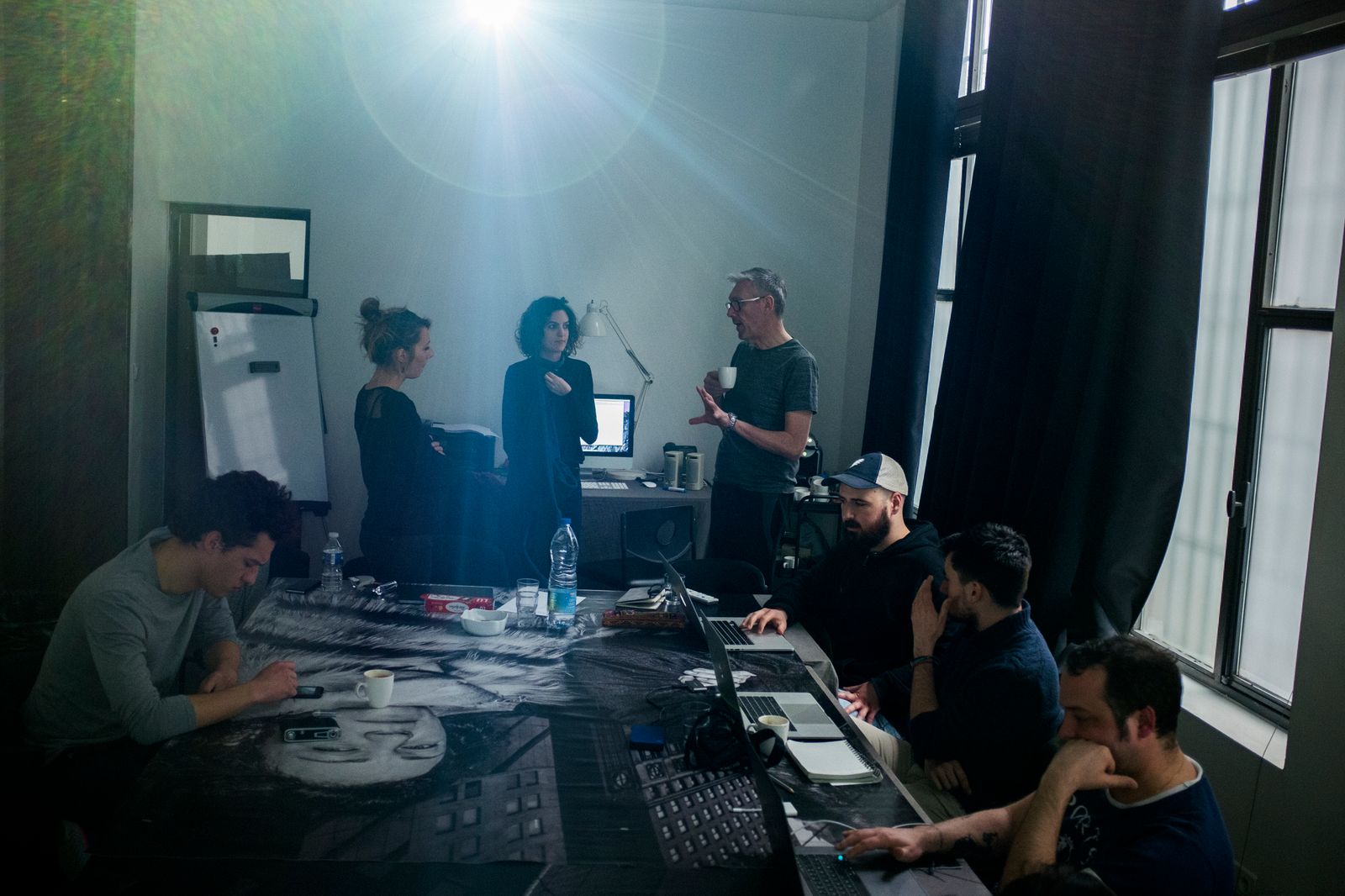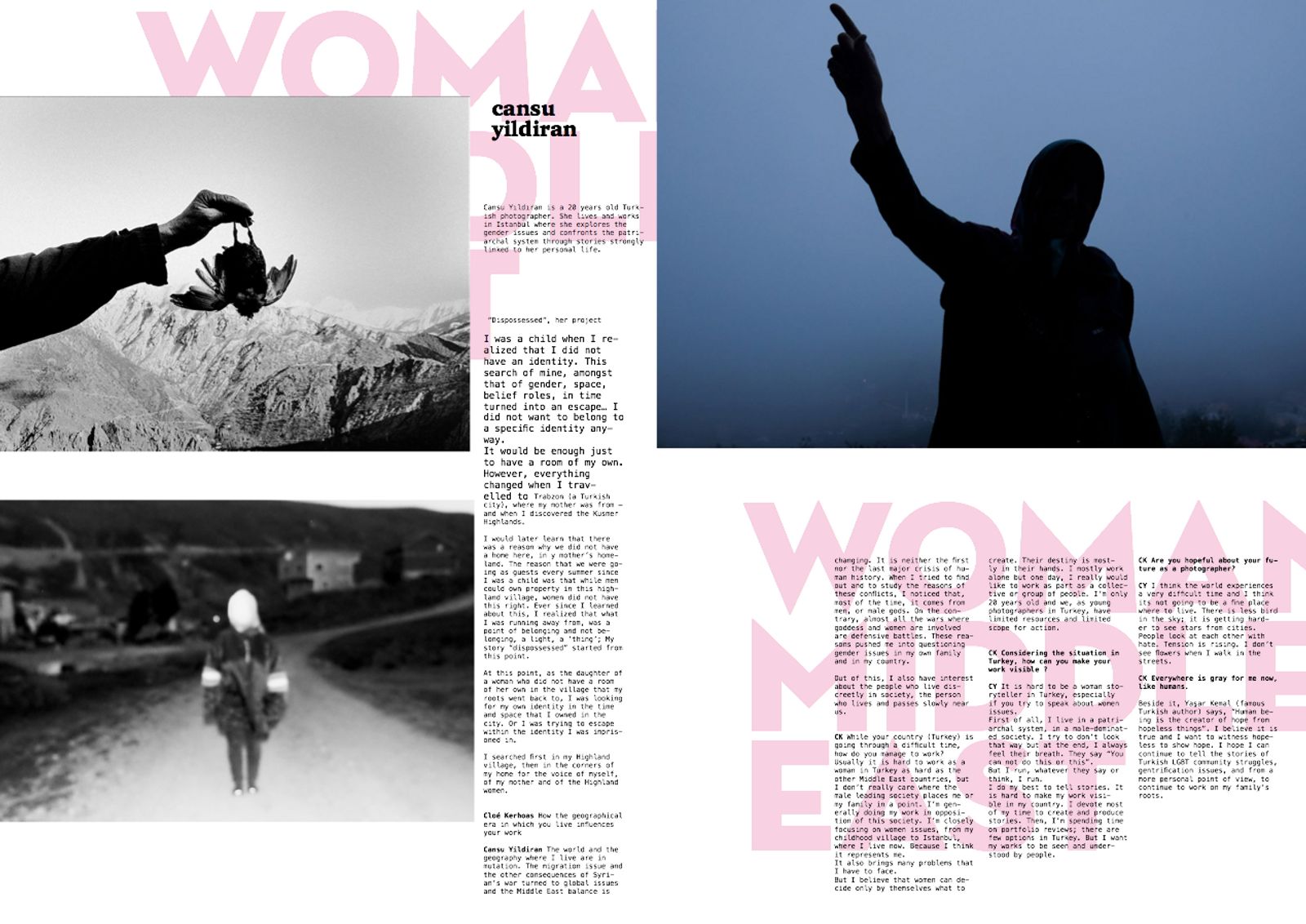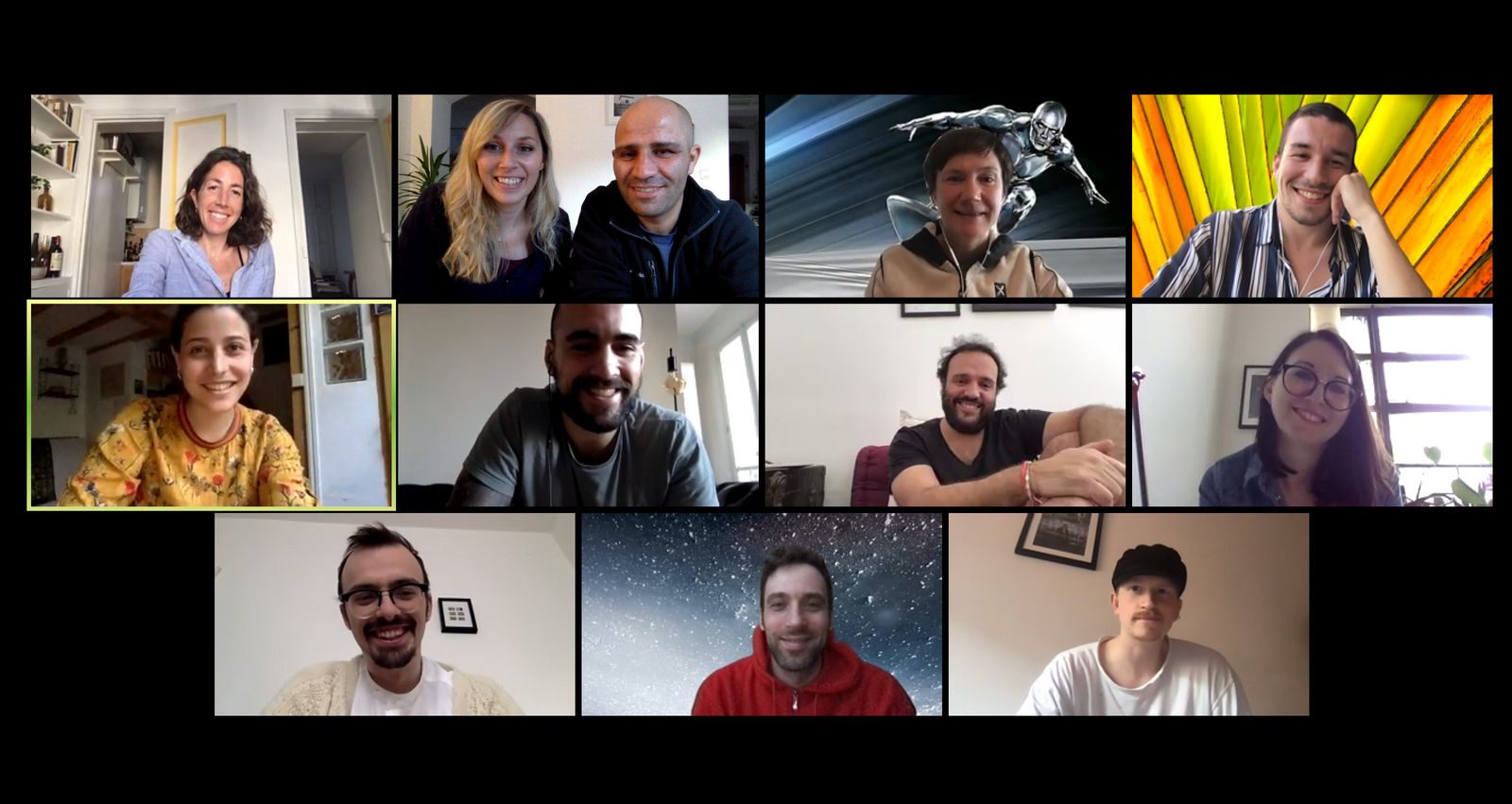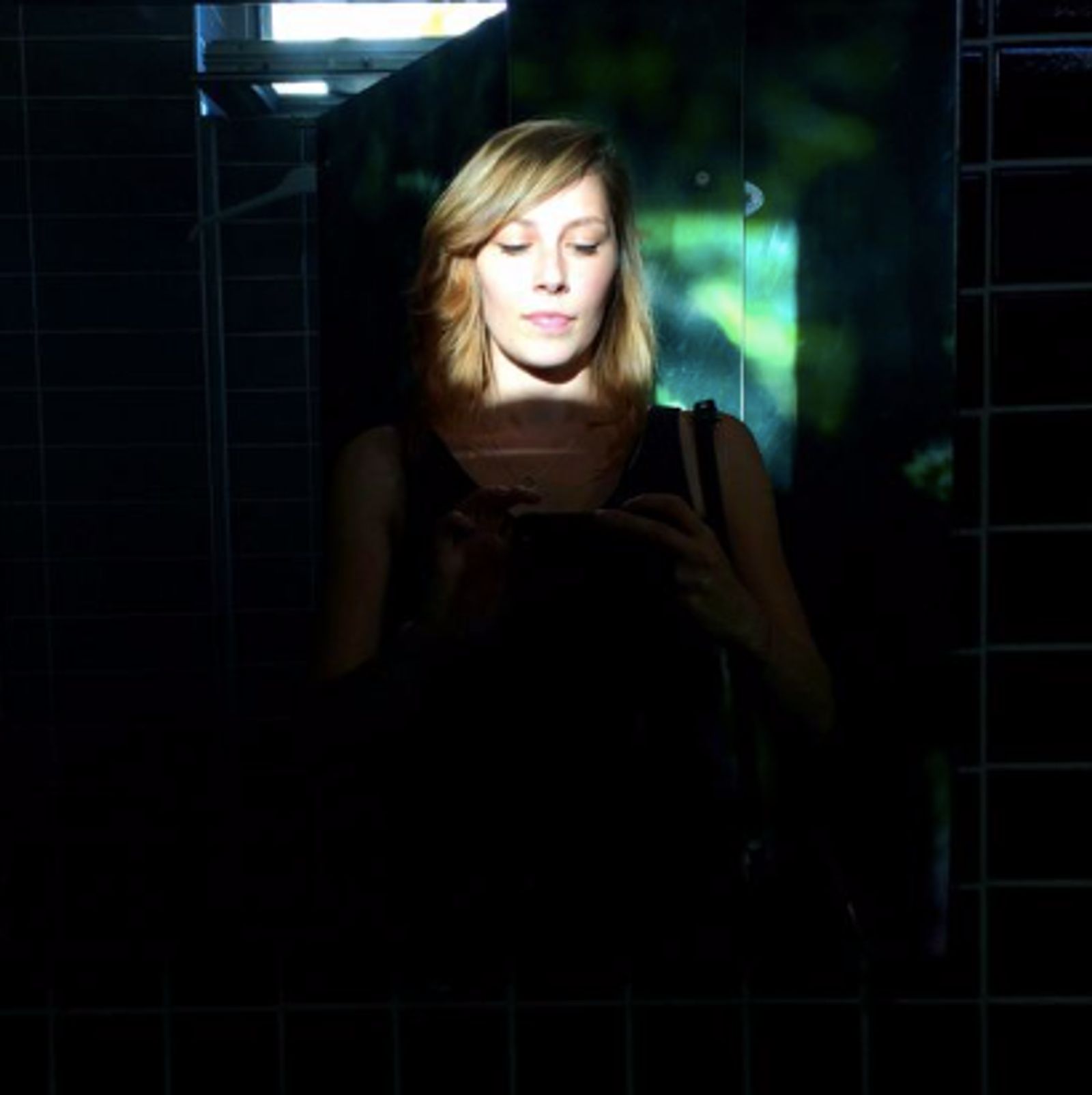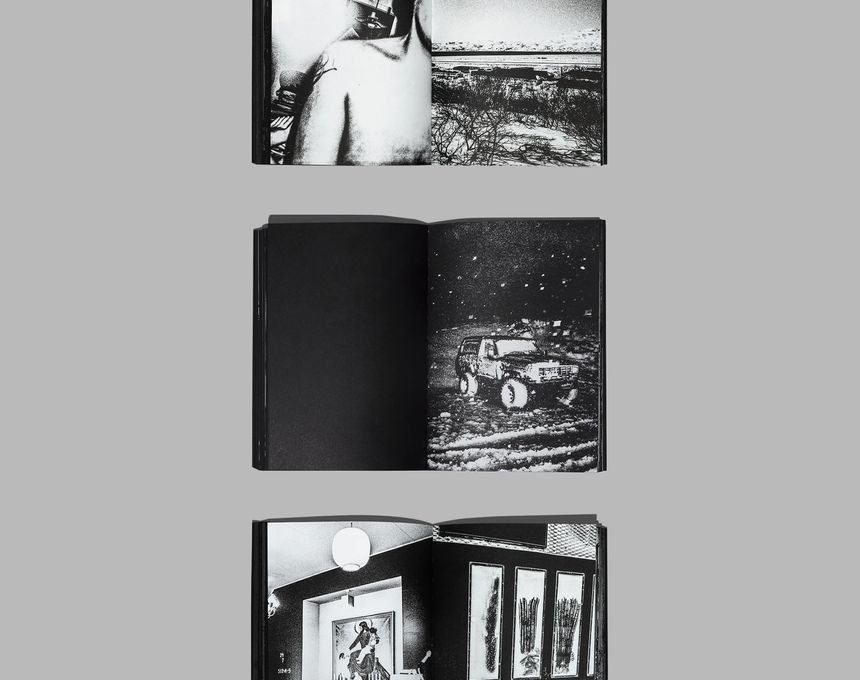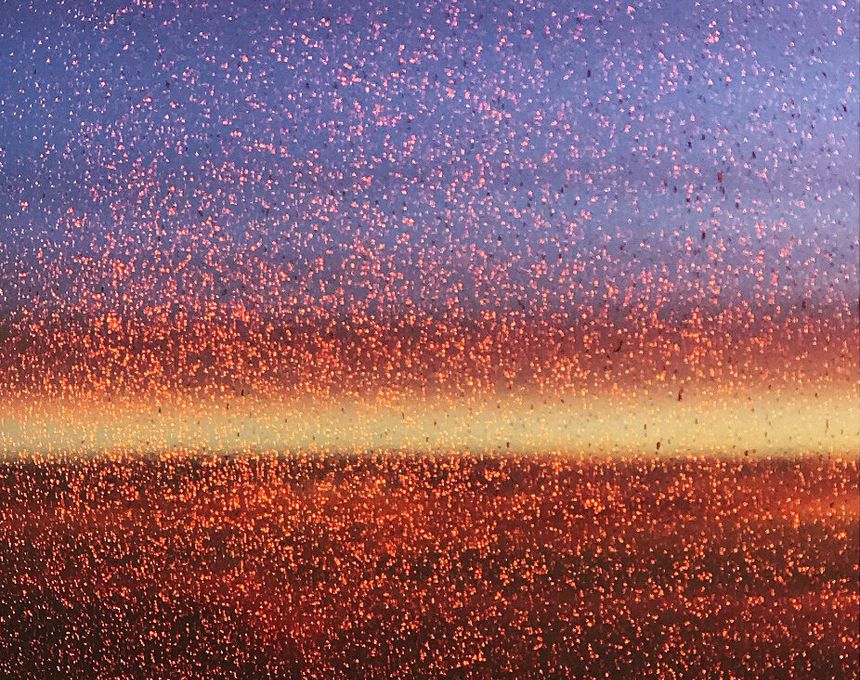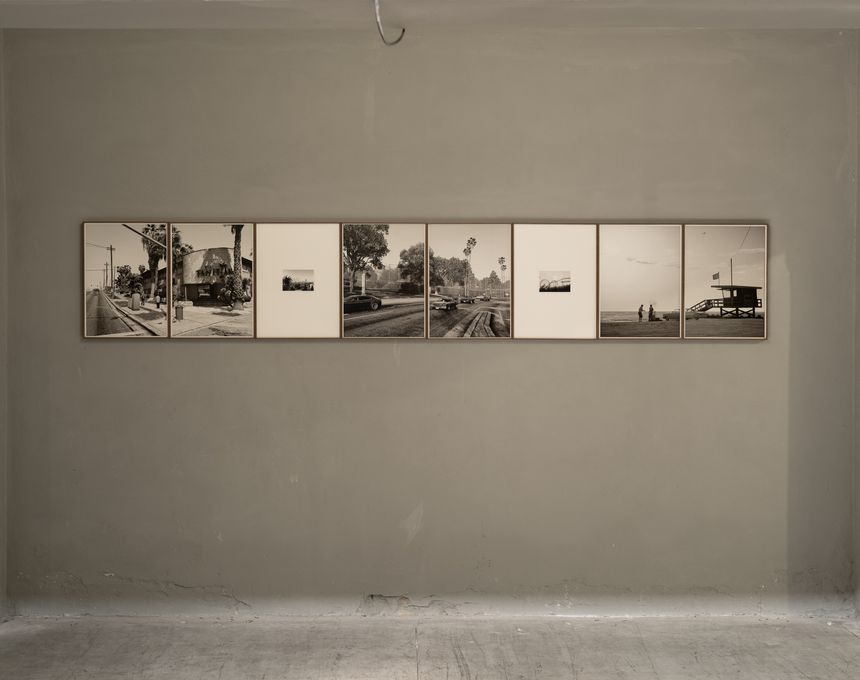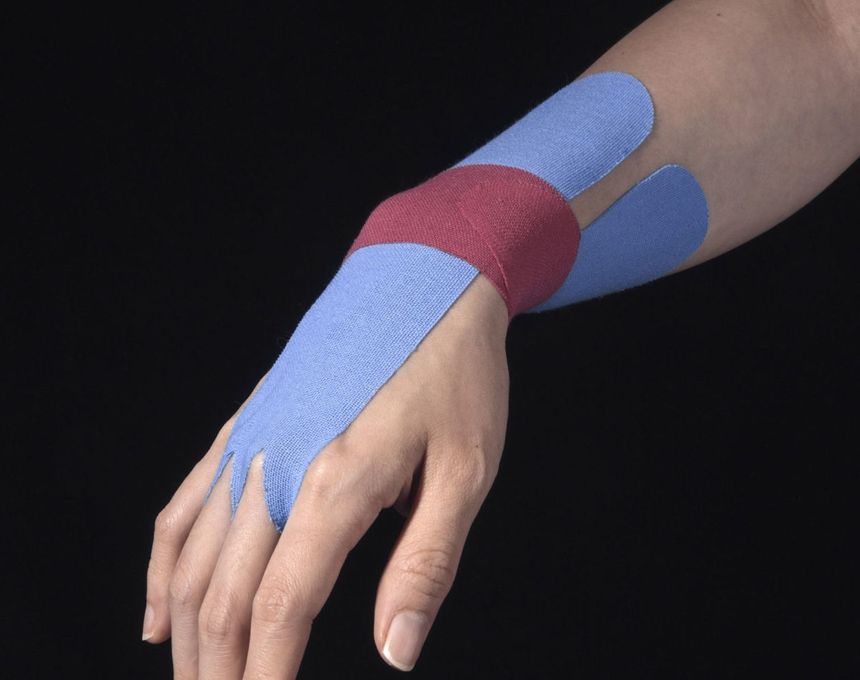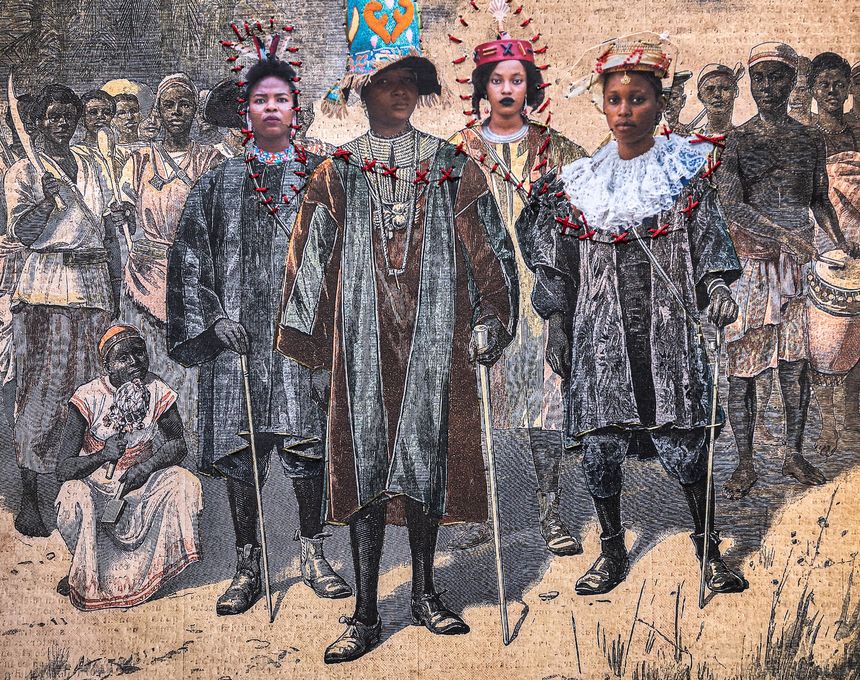Cloé Kerhoas on Freelancing and Remote Collaboration Today
-
Published22 Oct 2020
-
Author
Get to know PHmuseum Education's guest expert of the month, who talks to us about her extensive experience as a curator, manager, and educator and shares her recommendations on how to collaborate and survive as a freelancer.
Get to know PHmuseum Education's guest expert of the month, who talks to us about her extensive experience as a curator, manager, and educator and shares her recommendations on how to collaborate and survive as a freelancer.
Based between Turkey and France, Cloé Kerhoas is a freelance photography editor & curator developing international projects. Her experience, which ranges from collaborations with renewed museums and magazines to cooperations and teaching with photographers, is characterized by one common denominator: dedicating her life to storytelling and documentary projects. In this interview we get to know more about her engagement with photography and what she can offer as PHmuseum's guest expert of the month.
Ciao Cloé. Where does your interest for photography started and how have you cultivated it until it has become your main focus?
Since I was a child, I have been growing up in an environment where images are important. My parents often took us to see painting and photography exhibitions, and my father went back to art history studies when I was in middle school. I remember that I was fascinated by his lectures and his paintings' analysis exercises. I had the chance to live near an art high school where I studied cinema and visual arts intensively for 3 years. Also passionate about history, I obtained a master's degree in this field and then a second one, which combined my two passions, Art and History, thanks to a master's degree in cultural heritage preservation, with a specialization in museums and archives. It is working at the Caen Memorial in the exhibition department that my interest for photography really came out. The Memorial is one of the largest museum dedicated to contemporary conflicts. I discovered thousands of photographs, kept in their archives. Poignant photographs that told stories, often personal, in wartime. It moved me. That's how I decided to work more specifically in the field of photography. I am fascinated by the force and impact that a photograph can have on a person or even a society.
Freelancing in this ever-changing industry: how do you manage in this environment, renew/generate new collaborations and bring an added value for photographers/magazines/clients?
I think the only way to survive in this environment is to be passionate and curious. Clearly it is not always easy to make a living, sometimes is actually very difficult. There is a lot of rejections, no response, and disappointment. You can be tempted to give up. But if you really believe in what you are doing, you will always find the strength to bounce back. The other important element is curiosity, I'm always reading, watching, listening to what's new in our environment, because you have to propose new, different, surprising things. There is no miracle recipe, but passion and hard work remain the best assets.
Which is your experience in mentoring and collaborating and what shall a photographer expect from an online review with you?
I've led visual storytelling workshops for Magnum Photos and Speos (London- Paris Photography School). I've also conducted portfolio reviews in Salt Galata (Istanbul) and at the International Festival for photojournalism Visa pour l'image, amoung others. My goal is first to understand the photographer's approach, where he stands professionally and what he wants to achieve. This is the fundamental step in order to then be able to give valuable advices on how to survive and find one's place in an ever-changing industry. My aim is really to help the person to find his/her vision and motivation. I give a lot of very concrete and quickly applicable advices in the fields of communication and networking. An often underestimated and yet essential part of the job. For those more interested in a storytelling approach instead, I examine each step of it, from shooting to post production, editing, working with text and finally publishing. At the end, I see these sessions as a great opportunity to transmit my passion, my experience and to create a positive and joyful dynamic. Thus the photographer will be able to advance significantly in a particular project or more generally in his/her career.
Were you working remotely before Covid and what do you think of online/remote collaborations?
As a freelancer, I am used to working alone, sometimes in isolation, but when it comes to sharing knowledge, a passion, I always did it in a context of physical reality. I used to do workshops and portfolio reviews face to face. I have to say that I was pleasantly surprised by the online sessions I've been able to do over the last few months. I feel that it makes it less solemn and easier to feel comfortable. It allows for stronger and more sincere exchanges at times. It seems paradoxical, but that's what I felt. Without forgetting the geographical aspect, which is no longer an obstacle to participate in this kind of event.
Which online resources do you use to discover photographers, researching on certain topics, staying updated, etc...
What always surprises me when I do reviews is that photographers don't really know where to go, what to look at to discover and keep up to date on photography. There are so many possibilities online, it's infinite. I use Instagram as a base to discover photographers, institutions, reports, collectives etc. The key is to follow the right accounts. This is why I often tell photographers to look at which accounts such institutions, such director of photography, such magazine follows. Then, when I spot a photographer's work for example, I go to his website to find out more. There are also many platforms dedicated to photography, museums and festivals websites that are very useful to me.
You have worked with recognized museums and magazines. Which recommendations do you have for photographers aiming to work with such organizations and what'd be the most proper way to approach them?
Know whom you are talking to. Do some research before contacting anyone. Make sure the editorial line matches your work, for example. Again, curiosity and research work is fundamental. You have to be prepared. Then, once you are sure that your work potentially corresponds to a media, institution, the best thing to do is to meet them. Don't hesitate to send them an email to meet them in person. You’ll be remembered better that way and when you send a pitch or project idea, they're more likely to open your email. You can also go to photo festivals. The important actors of the sector are all present in this kind of festival (Perpignan, Arles to name only them). That's how I approached most of the people I worked with afterwards.
--
Cloé Kerhoas is PHmuseum Education's guest expert of the month. Book your online review with her before the end of October and take it now or reschedule it over the coming weeks.
